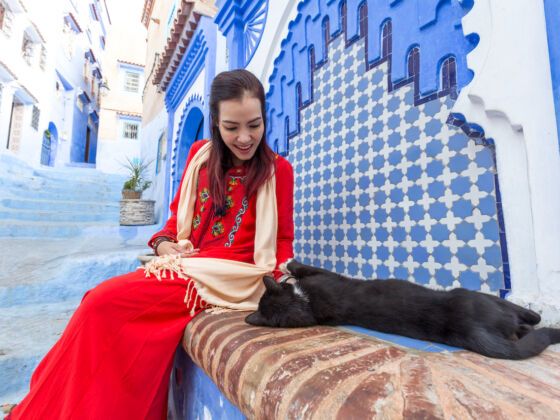“The thought of it may make you squeamish now, but after two months you will be comfortable discussing the color, consistency and frequency of your stools. You will get traveler’s diarrhea. You will most likely get food poisoning. Welcome to Morocco.”
It was the first day of exchange student orientation, and this is what our program coordinator found most relevant to share with the group of 30 international students.
